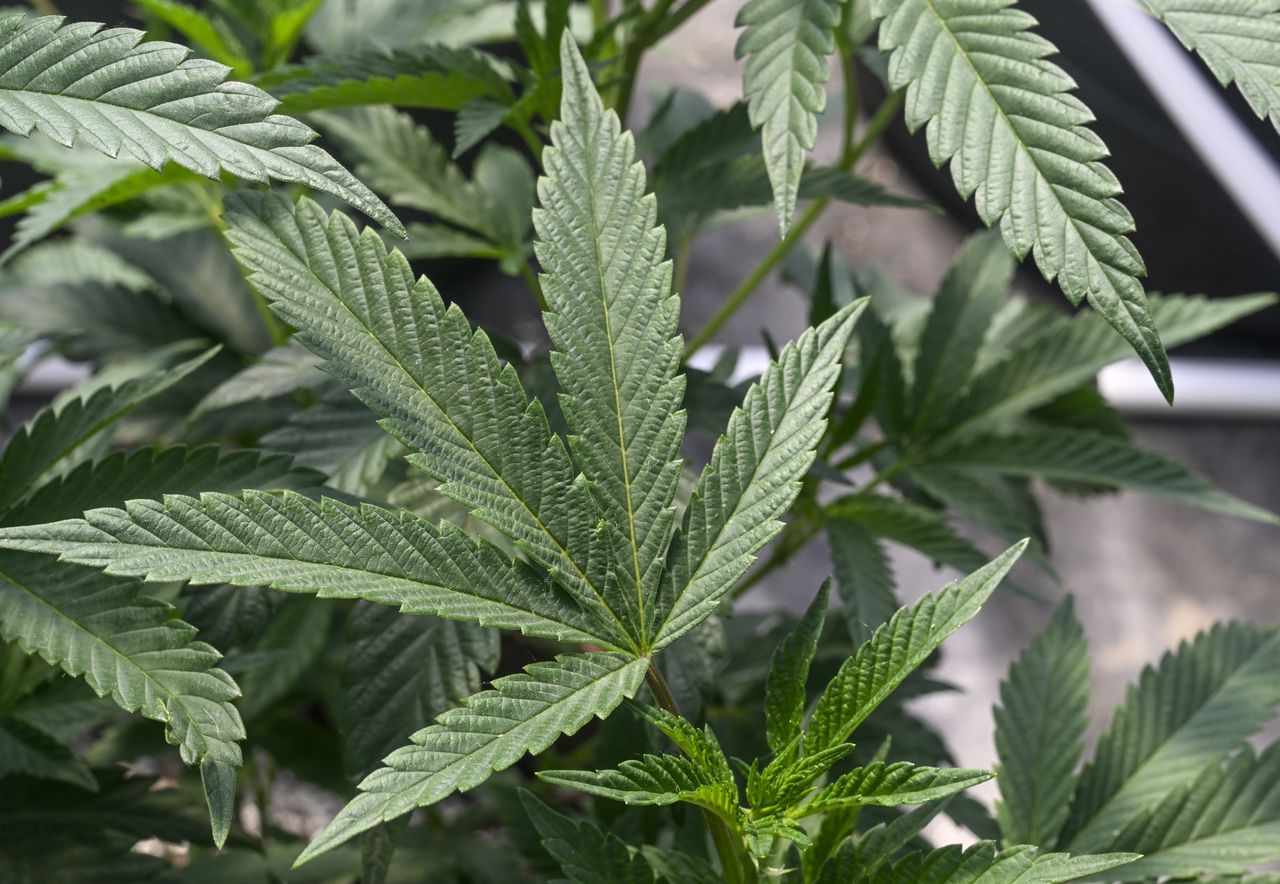This is where medical marijuana could be available in Alabama
Alabama could have up to 37 dispensaries for medical marijuana products, which officials expect to be available late this year or early in 2024.
The Alabama Medical Cannabis Commission on Monday awarded licenses to 21 companies for the new industry, including nine companies that will be authorized to dispense the products.
Those nine companies will be allowed to operate a total of up to 37 dispensaries. The dispensaries can only be located in cities and counties that have approved a resolution or ordinance to allow them.
Here is a list of the cities and counties that have approved allowing dispensaries.
Birmingham, Huntsville, Mobile, Montgomery, Tuscaloosa, and most of the state’s largest cities have approved dispensary resolutions.
Overall, a total of 55 cities and towns have approved dispensaries, according to the AMCC website.
See also: Alabama’s medical marijuana gummies can only be peach flavored. Here’s why
In addition, nine counties have approved allowing dispensaries in unincorporated areas. Here is the list of cities, towns, and counties.
The AMCC awarded dispensary licenses to CCS of Alabama, RJK Holdings AL, Statewide Property Holdings AL, and Yellowhammer Medical Dispensaries. Each can have up to three dispensaries in separate counties.
The AMCC awarded integrated licenses to Flowerwood Medical Cannabis, Southeast Cannabis Company, Sustainable Alabama, TheraTrue Alabama, Verano Alabama. Each integrated licensee can have up to five dispensaries in separate counties. (Integrated licensees will be also be authorized to cultivate, process, and transport medical cannabis.)
Doctors who receive training in medical cannabis will be able to recommend medical marijuana products for more than a dozen conditions — autism spectrum disorder; cancer-related pain, weight loss, and vomiting; Crohn’s Disease; depression; epilepsy or conditions causing seizures; HIV/AIDS-related nausea or weight loss; panic disorder; Parkinson’s Disease; persistent nausea; post-traumatic stress disorder (PTSD); sickle cell anemia; spasticity associated with multiple sclerosis or spinal cord injury; Tourette’s Syndrome; a terminal illness; and conditions causing chronic or intractable pain.
The legislation allows the products to be pills, capsules, tinctures, gelatinous cubes, oils, creams, patches, suppositories, nebulizers, and liquids or oils for an inhaler.
No raw plant materials or products for smoking or eating will be allowed.
Go here for more information from the Alabama Medical Cannabis Commission.
Huntsville gives approval to medical marijuana dispensaries
Birmingham approves updated zoning for medical marijuana dispensaries
